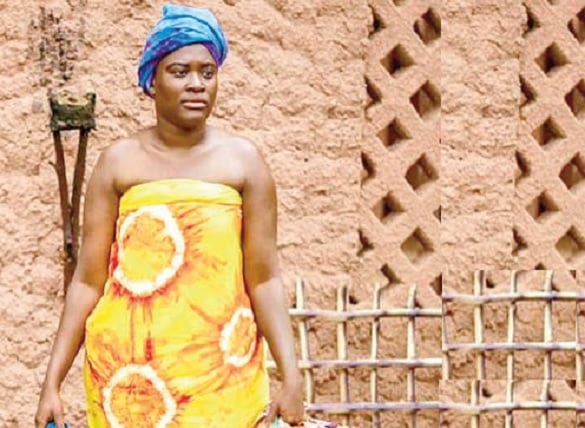Ghanaian actress Fella Makafui is set to take on a prominent role in the second season of the acclaimed Nigerian Netflix series, “Anikulapo.” Directed by the distinguished filmmaker Kunle Afolayan, this season is poised to gain immense attention as it will be released on Netflix, reaching audiences across more than 191 countries. The announcement of the season being filmed in Ghana signals a noteworthy shift in the African film industry, underlining the nation’s burgeoning status as a notable location for film production. This expansion aligns with broader trends highlighting the emergence of West African narratives on global platforms.
In June, Afolayan officially confirmed that the second season of “Anikulapo” would take place in Ghana, a decision that underscores the collaborative spirit prevalent in the West African film community. The series itself is set against the backdrop of pre-colonial Africa, intertwining historical events with rich cultural tapestries that reflect West African traditions and values. This storytelling approach not only preserves history but also elevates African narratives on a worldwide stage, showcasing the continent’s diverse cultures and heritages.
Fella Makafui, celebrating her casting as the character Abena, expressed her enthusiasm over this career milestone on social media. Her excitement is a testament to the growing recognition of Ghanaian talent in the regional film industry, especially in collaboration with neighboring countries like Nigeria. The choice of Makafui for this role reflects the industry’s shift towards more inclusive storytelling that embraces diverse casting and narratives, providing opportunities for actors from different African backgrounds.
As “Anikulapo” gears up for its second season, the collaboration between Ghana and Nigeria is emblematic of a larger trend within the African film scene, wherein countries unite to amplify their narratives and global reach. This collective approach not only enhances the quality of productions but also broadens the audience’s understanding of West African cultures and issues. The decision to film in Ghana brings new settings and elements to the series, which audiences are eagerly anticipating.
The impact of “Anikulapo” extends beyond the screen; it represents a critical juncture for the African film industry as it strives to make inroads into the global market. The participation of high-profile actors and a reputable director like Kunle Afolayan heightens expectations for the new season. This not only serves to attract a wider audience but also underscores the artistic credibility of African-produced content. As the series aims to delve into deeper historical themes, viewers await how it will further contribute to the growing narrative of African stories told authentically.
In summary, the increasing prominence of productions like “Anikulapo” reflects a vibrant and evolving African film landscape. With actors like Fella Makafui spearheading significant roles and engaging in cross-cultural collaborations, the industry is undoubtedly gaining momentum. The unfolding storylines promise not only entertainment but also a deeper exploration of Africa’s rich history and culture, drawing international attention and enhancing its standing on global platforms like Netflix. As the series prepares for release, all eyes will be on the unfolding dynamics of the second season and its implications for the future of African cinema.


